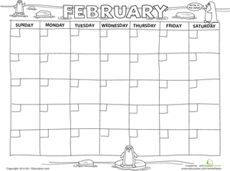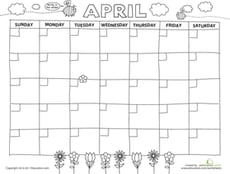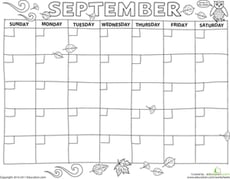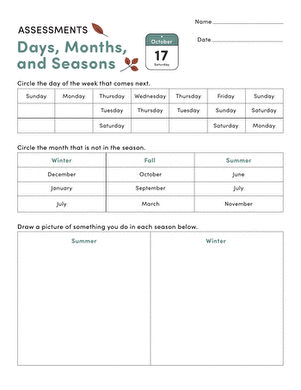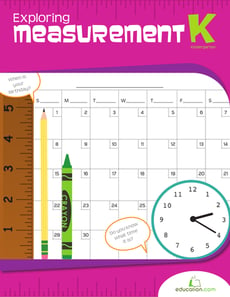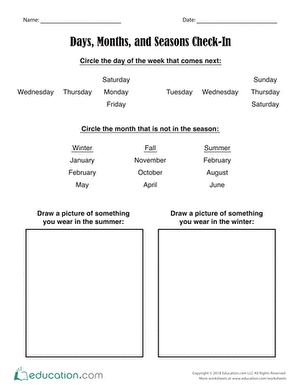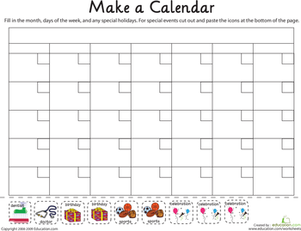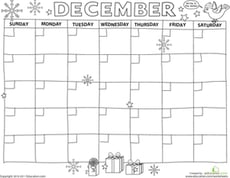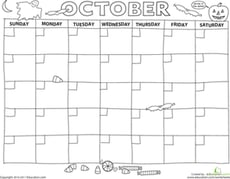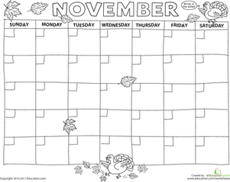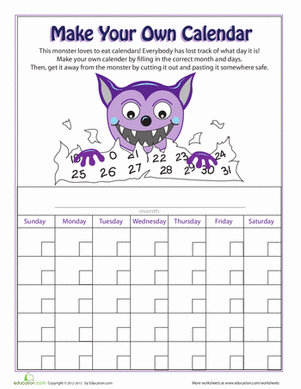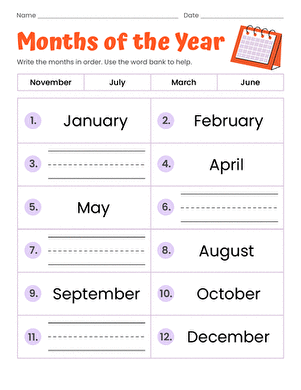Calendar Skills Resources
29 results
Math
✕Sort by:
29 results
Sort by:
About Calendar Skills Resources
On Education.com, calendar skills resources include activities, worksheets, and lesson plans that help young learners understand how to read calendars, recognize days, weeks, and months, and incorporate time management concepts into their daily routines. These materials are designed to support primary grades by building foundational skills in time awareness and helping students connect dates to real-world events.
Browse a variety of printable calendar games, tracing exercises, interactive worksheets, and engaging activities that reinforce understanding of months, dates, and days of the week. These materials provide opportunities for children to develop skilli such as sequencing, pattern recognition, and planning while making learning about time practices fun and accessible. Parents and teachers can easily access diverse resources that support classroom instruction, homeschooling, or practice at home.
Found on Education.com, this collection of calendar skills resources offers countless classroom-ready activities and worksheets to support comprehensive learning. Whether students need practice with recognizing months, calculating elapsed time, or connecting dates to others events, educators and parents can find effective tools to build confidence in time concept mastery. These resources make lesson planning more efficient while inspiring students to explore and apply calendar basics in real-world contexts.
Browse a variety of printable calendar games, tracing exercises, interactive worksheets, and engaging activities that reinforce understanding of months, dates, and days of the week. These materials provide opportunities for children to develop skilli such as sequencing, pattern recognition, and planning while making learning about time practices fun and accessible. Parents and teachers can easily access diverse resources that support classroom instruction, homeschooling, or practice at home.
Found on Education.com, this collection of calendar skills resources offers countless classroom-ready activities and worksheets to support comprehensive learning. Whether students need practice with recognizing months, calculating elapsed time, or connecting dates to others events, educators and parents can find effective tools to build confidence in time concept mastery. These resources make lesson planning more efficient while inspiring students to explore and apply calendar basics in real-world contexts.
